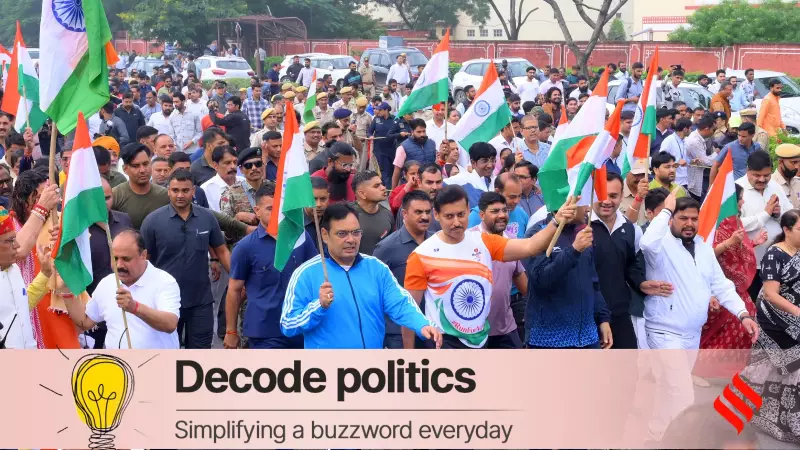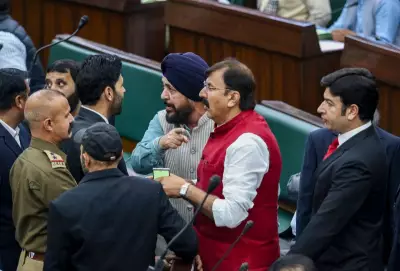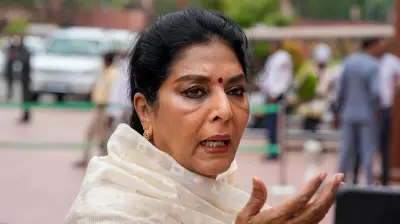
The Bhajan Lal Sharma-led BJP government in Rajasthan is taking a significant step toward electoral reform by preparing to eliminate the long-standing two-child norm for candidates contesting local body elections. This move comes nearly three decades after the policy was first implemented in the state.
What Changes Are Being Made?
The state government will introduce an ordinance to amend both the Rajasthan Panchayati Raj Act and the Rajasthan Municipalities Act. These amendments will specifically remove provisions that currently disqualify individuals with more than two children from contesting panchayat and urban local body polls. The changes are expected to take effect before the upcoming local elections in the state.
State Urban Development and Housing Minister Jabbar Singh Kharra defended the decision, stating, "The state government has already relaxed similar rules regarding the promotion of employees. When they are given relaxations, public representatives also deserve it." He emphasized that the demand for this change has been persistent in rural areas and has been raised multiple times in the Assembly.
Historical Context of the Two-Child Policy
The controversial policy dates back to November 27, 1995, when the Rajasthan Assembly amended Section 19 of the Rajasthan Panchayati Raj Act, 1994 and Section 24 of the Rajasthan Municipalities Act, 2009. These amendments explicitly barred individuals with more than two children from contesting rural local body and urban civic body elections.
The original legislation stated that "every person registered as a voter in the list of voters of a Panchayati Raj Institution shall be qualified for election as a Panch or member unless such person has more than two children." Similar provisions existed for municipal elections and government employee appointments.
Potential Impacts and Reactions
While the government sees this as a necessary reform, rights activists have expressed concerns about the potential consequences. Nisha Siddhu, general secretary of the National Federation of Indian Women, warned that "the move may lead to more pressure on women, especially in rural areas, to have more children."
Siddhu recalled that her organization had opposed the original policy because decisions about family size were typically made by husbands and in-laws rather than women themselves. She also questioned the timing of the reversal, suggesting possible political motivations.
The Congress party, while not objecting to the move, has demanded clarity from the BJP about why it's reversing a policy originally introduced by former BJP Chief Minister Bhairon Singh Shekhawat. Congress spokesperson Swarnim Chaturvedi pointed out the irony of the BJP backtracking on its own historical decision.
This policy change represents a significant shift in Rajasthan's approach to population management and political participation, potentially opening doors for many aspiring politicians who were previously disqualified based on family size.





